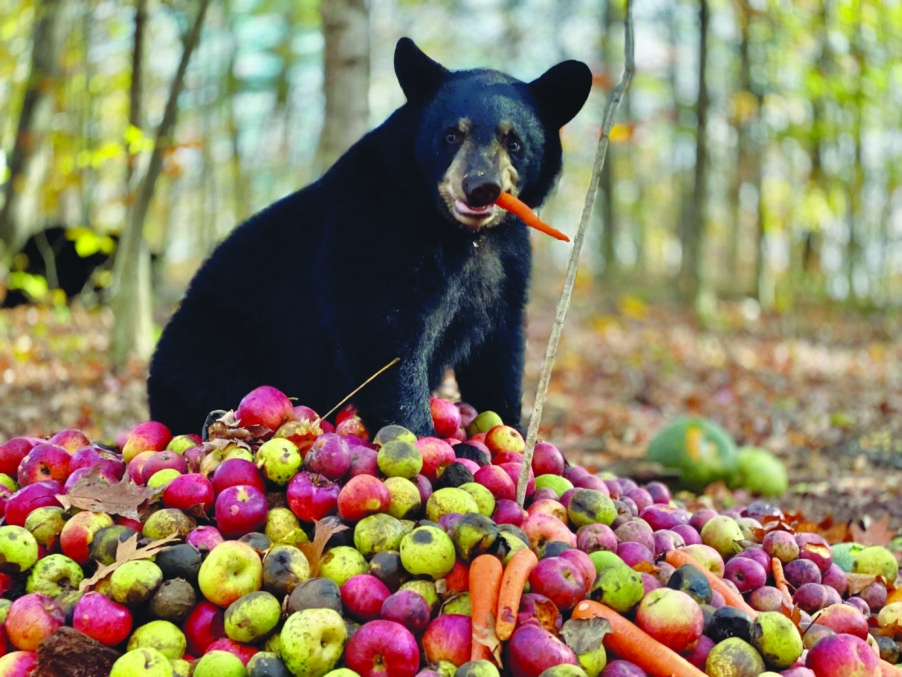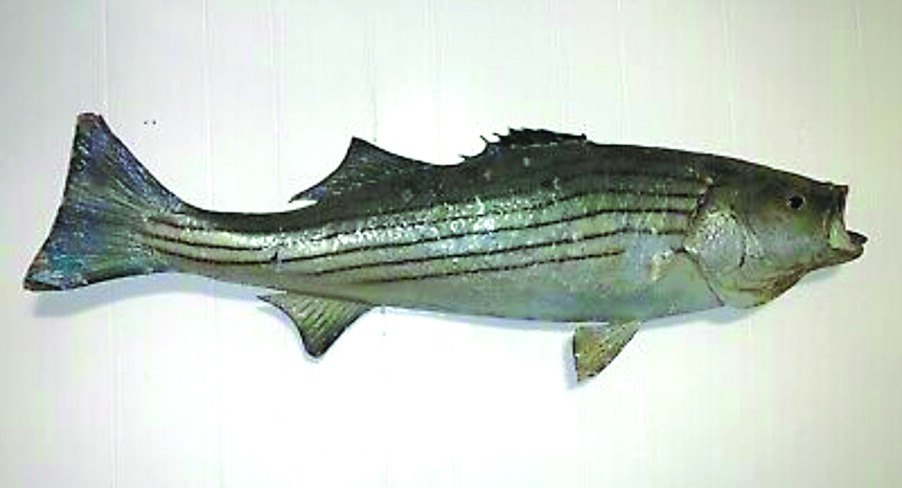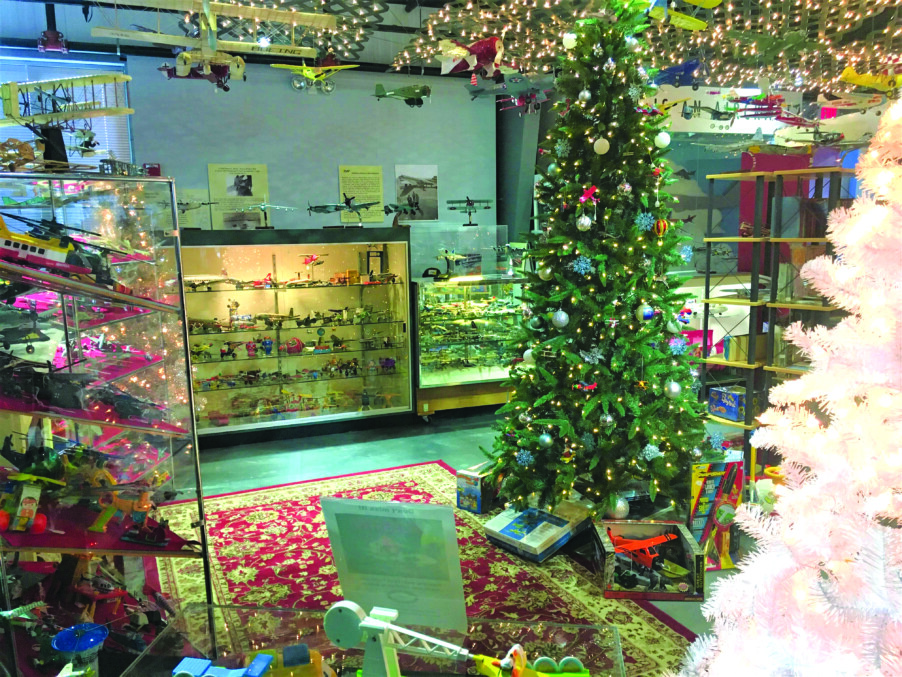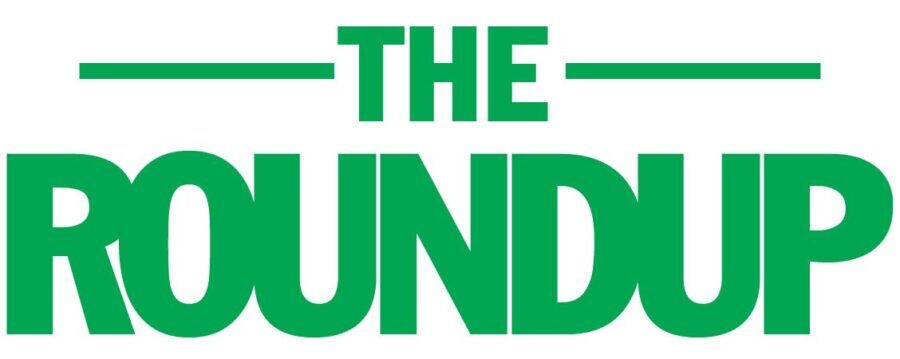Tools, books and other ideas for the grower in your life
By Henry Homeyer
First on my list for holiday gifts for the gardener is this: a subscription to this newspaper. Our local papers need subscribers in order to deliver to you the news you want but cannot get online. Yes, local news, gardening tips that fit your climate, obituaries and more. If your loved ones do not have subscriptions, think about giving one.
Next, since most of us really need very little, think about a donation to a nonprofit in your loved one’s honor. One of my favorites is a nonprofit that for decades has nurtured orphan bear cubs, the Kilham Bear Center in Lyme, New Hampshire. The Center this year is nurturing and caring for more than 100 baby bears whose mothers have been killed by cars or hunters and who would otherwise not survive. The Center has more than 19 acres of fenced forest for the bears, and serves Vermont, New Hampshire and Massachusetts. You can donate to The Kilham Bear Center at PO Box 37, Lyme, NH 03768, or go online to kilhambearcenter.org. Online there are photos and videos of the bears. Visiting is not possible, as they want the bears to have as little contact with humans as possible because their goal is to return all to the wild where they avoid humans.
Other nonprofits I like include The Native Plant Trust, the Audubon Society and the Nature Conservancy. As a supporter I get the Nature Conservancy magazine and I never cease to be amazed at all the good projects they initiate or support. And of course most states have nice nonprofits supporting public gardens and wildlife areas that need our support.
Along with new products I like, each year I have to mention a few old favorites. The CobraHead Weeder is a simple, well-made tool that virtually all gardeners love once they’ve tried it. Shaped like a curved steel finger, it will get under weeds or flowers to lift them from the earth. I use it for planting as well as weeding. It’s found at most garden centers or online at cobrahead.com for about $30. They now have a version for smaller hands and a long-handled weeder as well.
Books are a great present. I usually mention author Michael Dirr, my favorite expert on trees and shrubs. All his books are well-researched, complete and opinionated. My favorite is his classic, the Manual of Woody Landscape Plants: their Identification, Ornamental Characteristics, Culture, Propagation and Uses.
Another classic is Barbara Damrosch’s The Garden Primer. This book is a good reference on almost anything a gardener would wish to know. And at under $20 in paperback, it is great value for an 800-page book. More reliable than many of the online experts, I dare say.
Lastly, a pair of books that work well together. First, Doug Tallamy’s Nature’s Best Hope: A New Approach to Conservation That Starts in Your Yard. This explains in readable layman’s terms why what we select for our gardens impacts birds and pollinators.
A good companion to Tallamy’s books is Essential Native Trees and Shrubs for the Eastern United States by Tony Dove and Ginger Woolridge. This book supplies all you need to know for selecting the right trees and shrubs for your land to support wildlife.
But on to other needs of gardeners. Consider a small electric chainsaw. They are safer, quieter and easier to start and to use than gas-powered ones. I have a DeWalt DCCS620 chainsaw that has a 20-volt battery and a 12-inch bar and weighs just 9 pounds. It’s great for cutting up downed branches, removing small trees and more. Available locally at $250 or less.
For gardeners who start seeds indoors each spring, there is an alternative to all those flimsy plastic six-packs. You can buy a metal soil blocker that you can use to make small cubes of a soil mix for your seeds. Available from Johnny’s Seeds or Gardener’s Supply, about $40.
Another great product for starting seedlings is electric heat mats. These sit under flats of seeds planted indoors, providing heat that speeds up the germination process. They are available in two sizes — enough for one flat or a big one for four or more flats. Great for things that take a long time to germinate.
For stocking stuffers I like seed packets. Give your loved ones seeds of less common vegetables and flowers that they might not find at the plant nursery. Garden gloves are great gifts, we all use them in spring and fall, and some people use them all summer, too.
Lastly, my wife, Cindy, swears by a natural bug repellent made in New Hampshire, White Mountain Deet-Free Insect Repellent (whitemountaininsectrepellent.com). It doesn’t take much of this stuff to keep away black flies, she says. It comes in a 4-ounce bottle of all-natural ingredients (no fillers) for $15 plus shipping. Great stocking stuffer.
Use your imagination. There are so many nice things a gardener will appreciate, including your own time promised for weeding in the spring!
Featured photo: Consider a donation to a good nonprofit like the Kilham Bear Center. Photo by Henry Homeyer.






